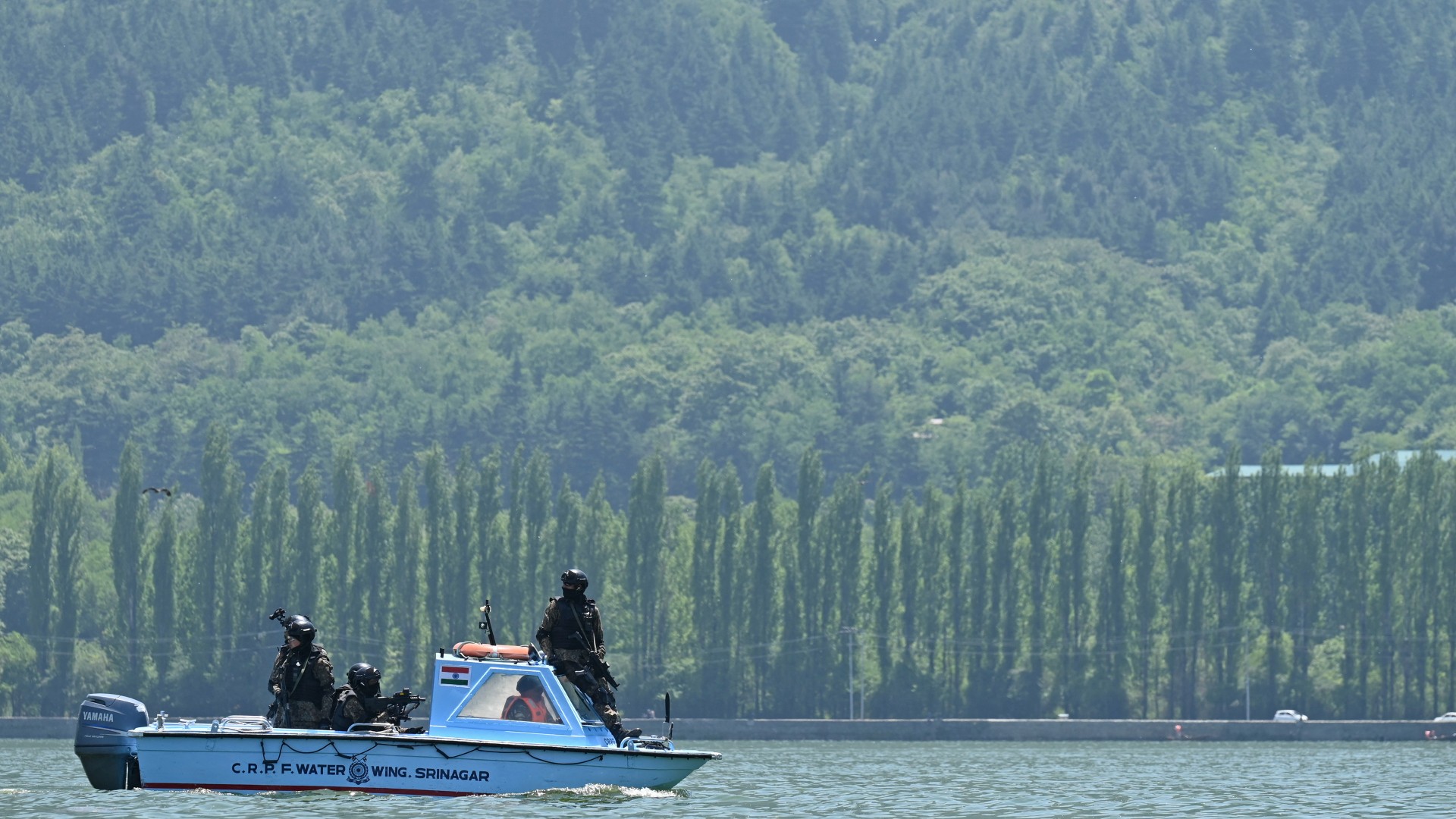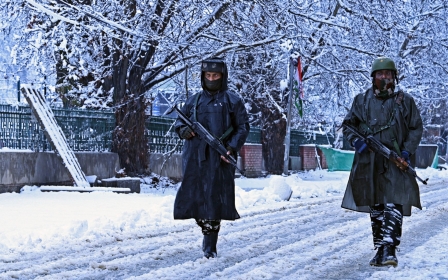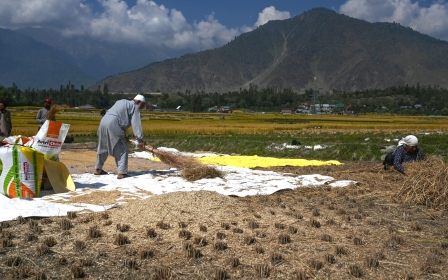Saudi Arabia and China pull out of G20 summit in Kashmir

Saudi Arabia has become the latest country to pull out of a G20 meeting held in Indian-controlled Kashmir, in what is likely to be seen as a failed diplomatic attempt to normalise its hold of the disputed territory.
China and Turkey have also boycotted the event, which began on Monday and is expected to end on Wednesday. Several reports indicated that Indonesia and Egypt were expected to also skip the summit.
Indian authorities had billed the summit as a way to showcase the developments that had taken place in the region since Delhi revoked Kashmir's semi-autonomous status and imposed central rule on the region.
As the current chair of the intergovernmental forum, India will be hosting several events in 2023 and the summit in Kashmir, focusing on tourism, is the first international meeting to take place in the region since 2019.
Since the events of August 2019, the Indian government has embarked on an unprecedented crackdown on the region's media and civil society, with activists and politicians either being rounded up and arrested or placed on no-fly lists.
Several international activists and scholars have described the move to host a meeting focused on tourism and climate sustainability in a region occupied by hundreds of thousands of troops as hypocritical.
Last week, Fernand de Varennes, the UN’s special rapporteur on minority issues, said hosting the G20 in Kashmir would “unwittingly providing a veneer of support to a facade of normalcy” when human rights violations, political persecution and illegal arrests were escalating in Kashmir.
India described his comments as baseless, adding that it was Delhi's prerogative to hold G20 meetings in any part of the country.
"We have the highest representation from foreign delegations for the tourism working group meeting in Srinagar, than we have had in the previous working group meetings," Harsh Vardhan Shringla, the chief coordinator for India’s G20 presidency, said on Sunday.
India has been boosting tourism in Kashmir as a way to promote peace and transform the economy of the region.
Agriculture remains the mainstay of the Kashmiri economy, with tourism adding around seven percent to the region's GDP.
"By hosting G20 meetings in the contested territory, India not only legitimises and advances its occupation but also shamelessly perpetuates the exploitation of the region’s abundant natural resources, putting its delicate ecology in jeopardy," climate activist Nazish Qureshi wrote in The Nation on Monday.
"The consequences of India’s actions in the region are already evident in widespread deforestation, accelerated glacier melting, increased occurrences of flash floods, landslides and earthquakes, as well as heightened water, air and land pollution including toxic hazardous waste," Qureshi said.
Over the last two years, the Indian government has also enacted several new laws over land ownership and residency rights, fuelling fears that Delhi would tamper with the region’s demographics as a way of ending calls for freedom or self-determination.
In 2019, a senior Indian diplomat said that Delhi would look to replicate the Israeli model in Kashmir.
In a report released by Human Rights Watch in 2022, the international rights organisation said the Indian government’s "repressive policies and failure to investigate and prosecute alleged security force abuses have increased insecurity among Kashmiris."
Middle East Eye propose une couverture et une analyse indépendantes et incomparables du Moyen-Orient, de l’Afrique du Nord et d’autres régions du monde. Pour en savoir plus sur la reprise de ce contenu et les frais qui s’appliquent, veuillez remplir ce formulaire [en anglais]. Pour en savoir plus sur MEE, cliquez ici [en anglais].





